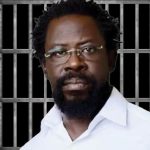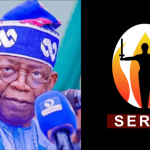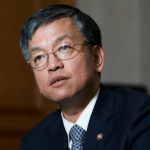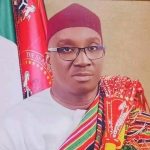The Nigerian Police Force (NPF) has filed a new 12-count charge against prominent human rights lawyer and author, Dele Farotimi, before the Federal High Court in Ado-Ekiti, Ekiti State.
The charges centred on allegations of cybercrime, claiming that Farotimi made defamatory and disruptive statements during public appearances and online broadcasts.
The accusations stem from comments made by Farotimi during an interview on the Mic On Podcast, hosted by Seun Okinbaloye, and during a press conference streamed on his YouTube channel.
The remarks, linked to his book, Nigeria and its Criminal Justice System, allegedly criticized aspects of Nigeria’s judiciary and included pointed statements about eminent lawyer Chief Afe Babalola.
One of the charges alleges that Farotimi, on August 28, 2024, knowingly transmitted false information during the podcast, stating:
“Aare Afe Babalola corrupted the judiciary,”
which the police claim was intended to disrupt public order.
This accusation falls under Section 24(1)(b) of the Cybercrimes (Prohibition, Prevention, etc.) Act 2015.
Another charge accuses Farotimi of using his statements to “bully and harass” Chief Afe Babalola, a violation of Section 24(a) of the same Act.
During a press conference on December 2, 2024, Farotimi acknowledged the charges, stating:
“It came to my knowledge that there is a charge preferred before a court in Ekiti State against me at the instance of Chief Afe Babalola.”
The police assert that Farotimi’s remarks are defamatory, incite unrest, and undermine the judiciary’s integrity.
However, Farotimi, known for his bold critiques of governance and human rights abuses in Nigeria, sees the charges as an attempt to stifle free speech and dissent.
His legal team has vowed to challenge the allegations, arguing they violate the constitutional rights to free expression and fair criticism of public institutions and figures.
The Federal High Court in Ado-Ekiti is expected to announce a date for the hearing soon.
This case has ignited nationwide discussions about the balance between free speech and the enforcement of Nigeria’s cybercrime laws, especially when applied to critics of influential personalities.








